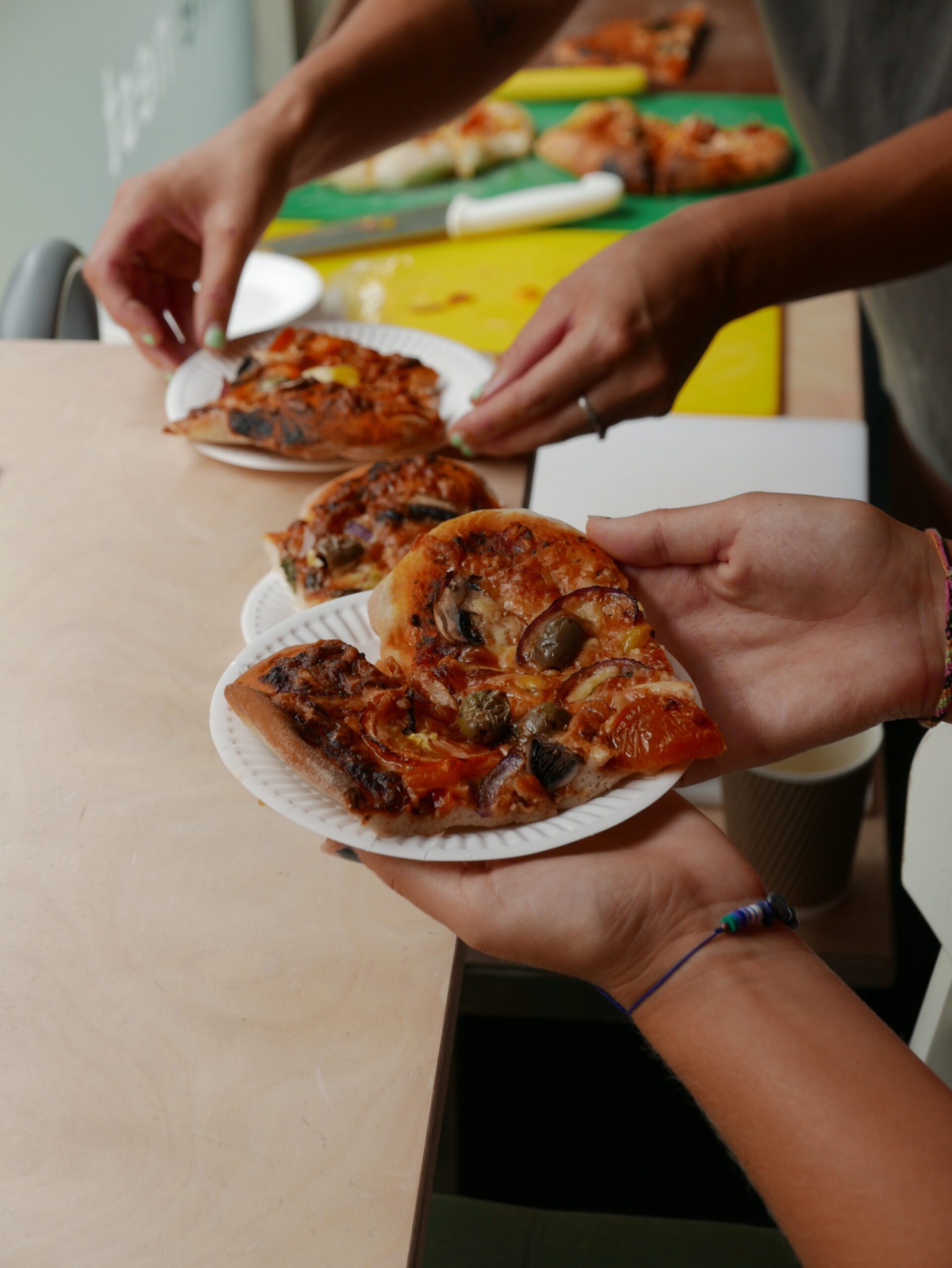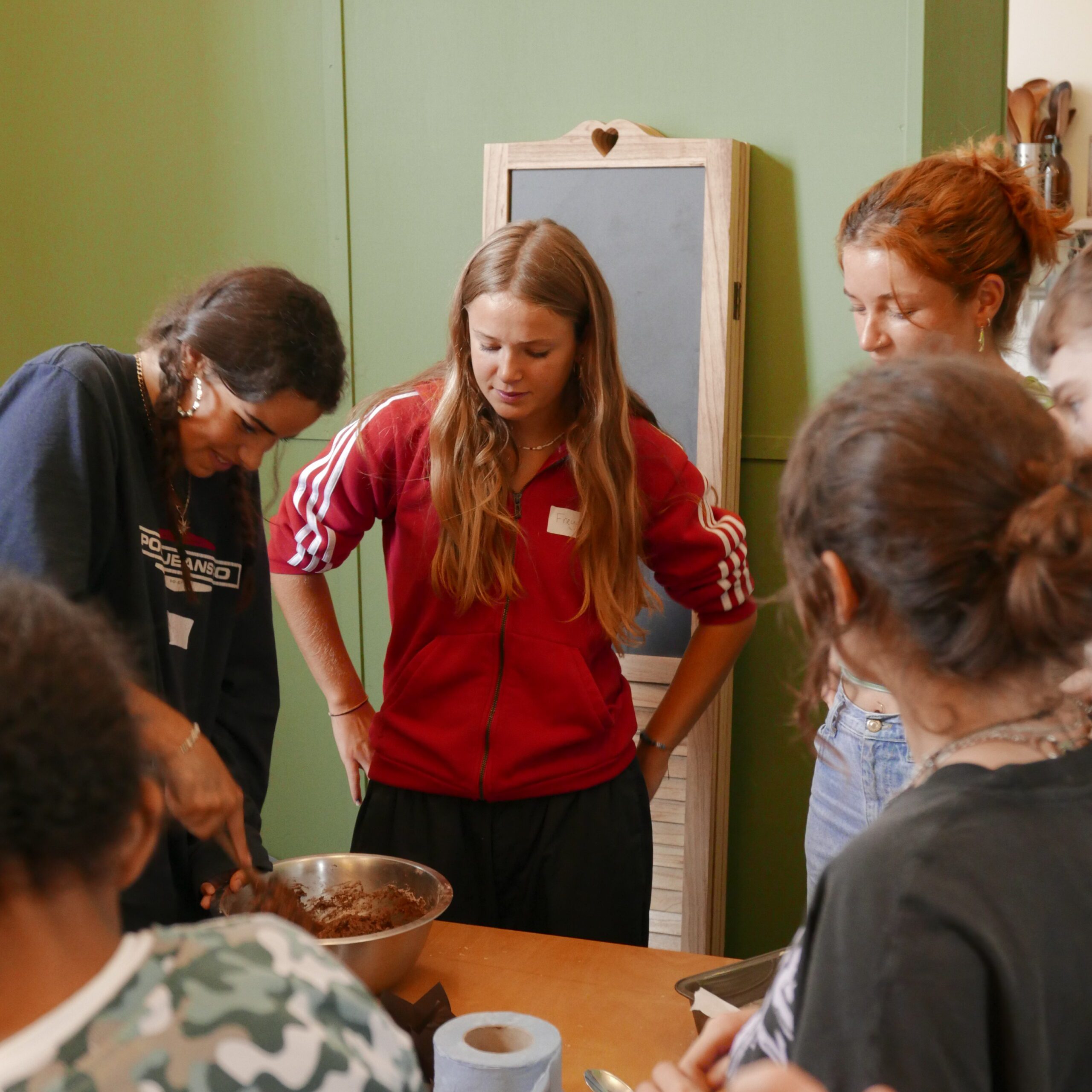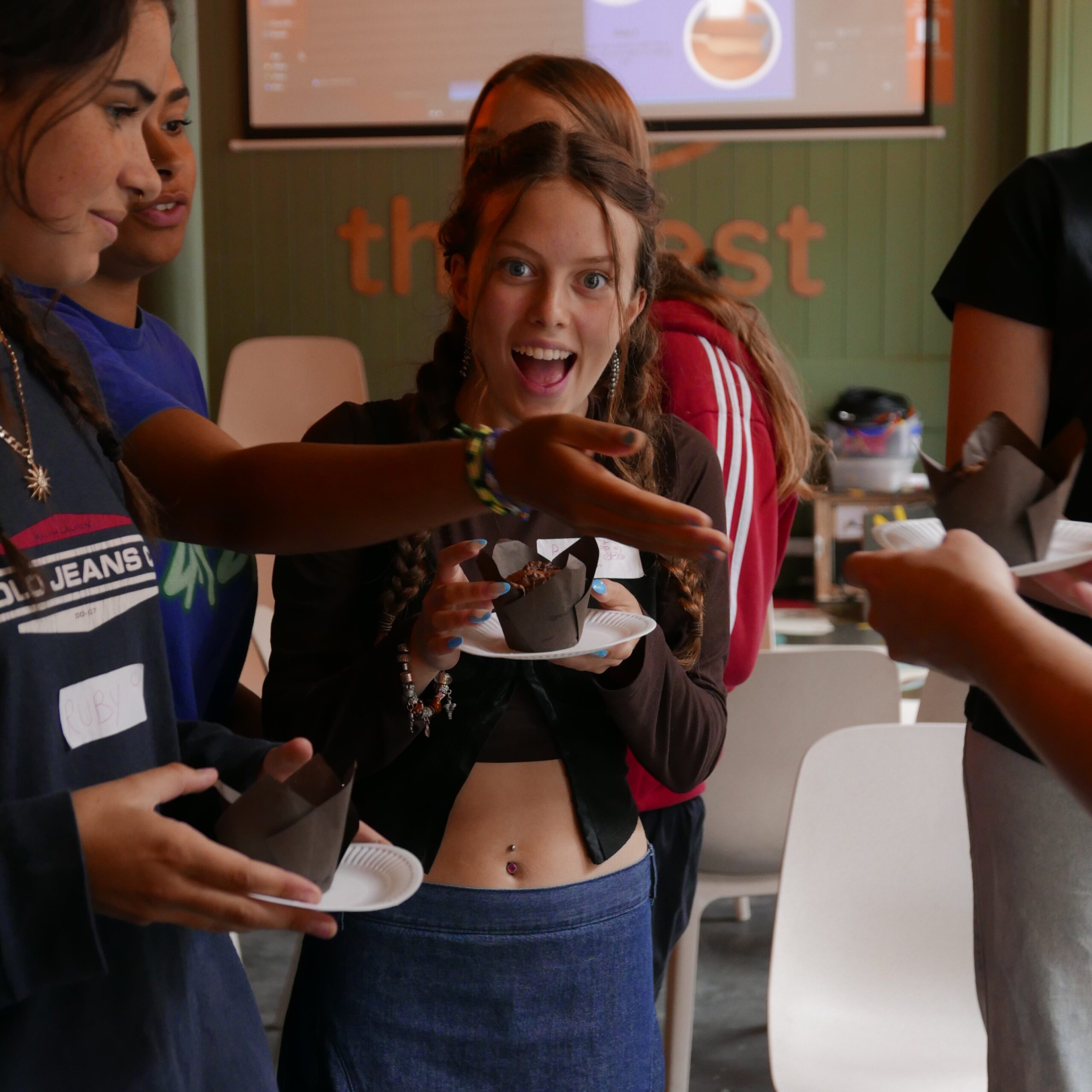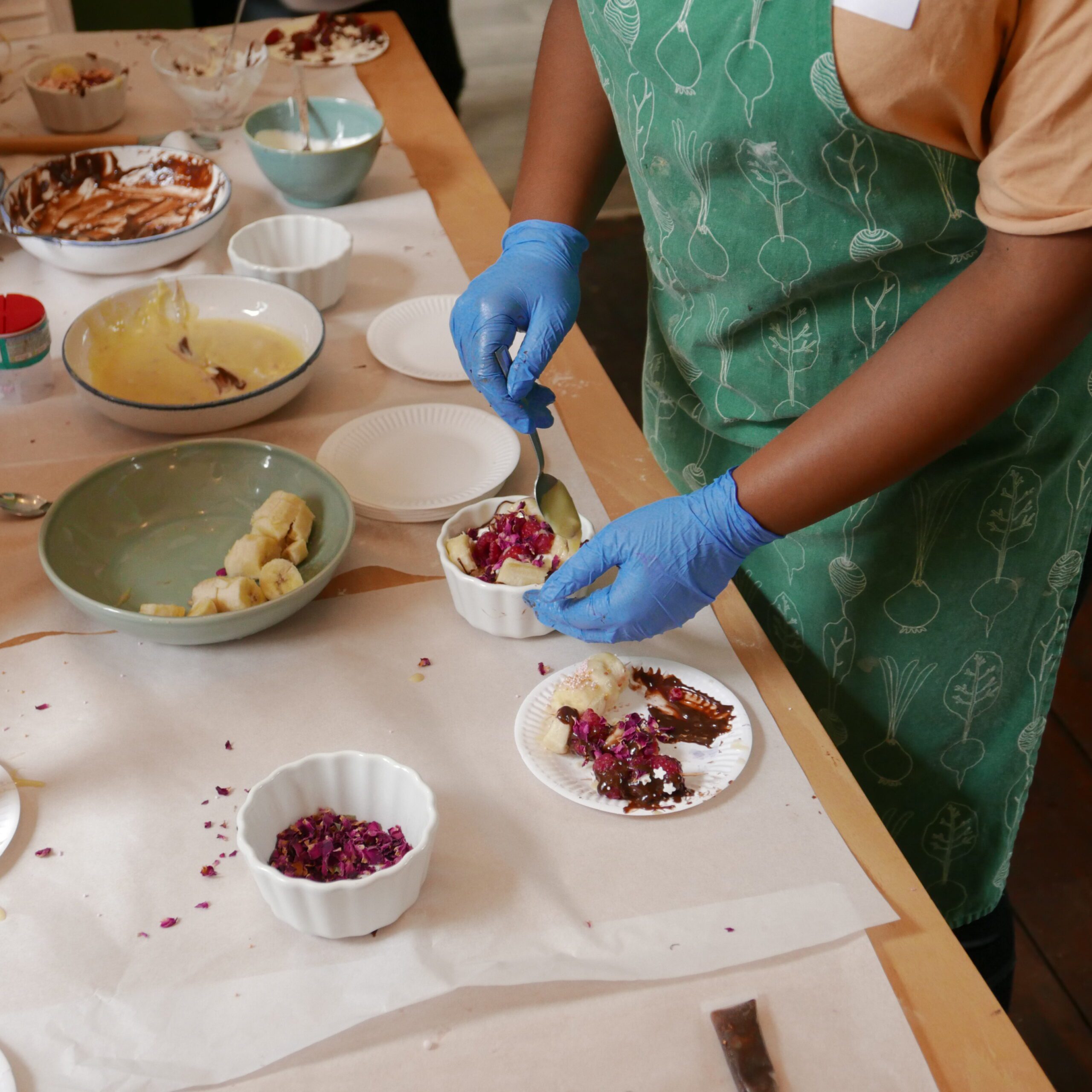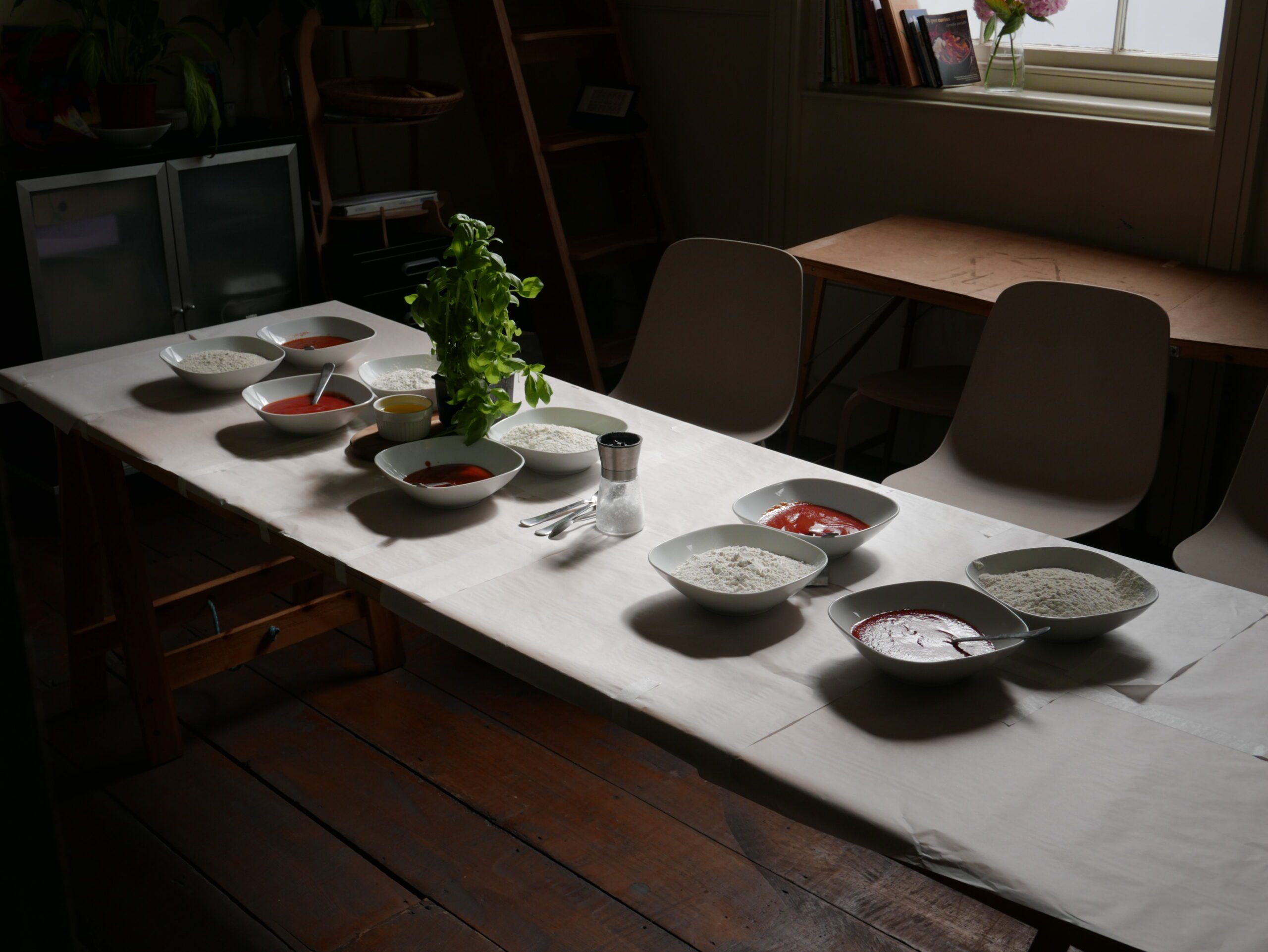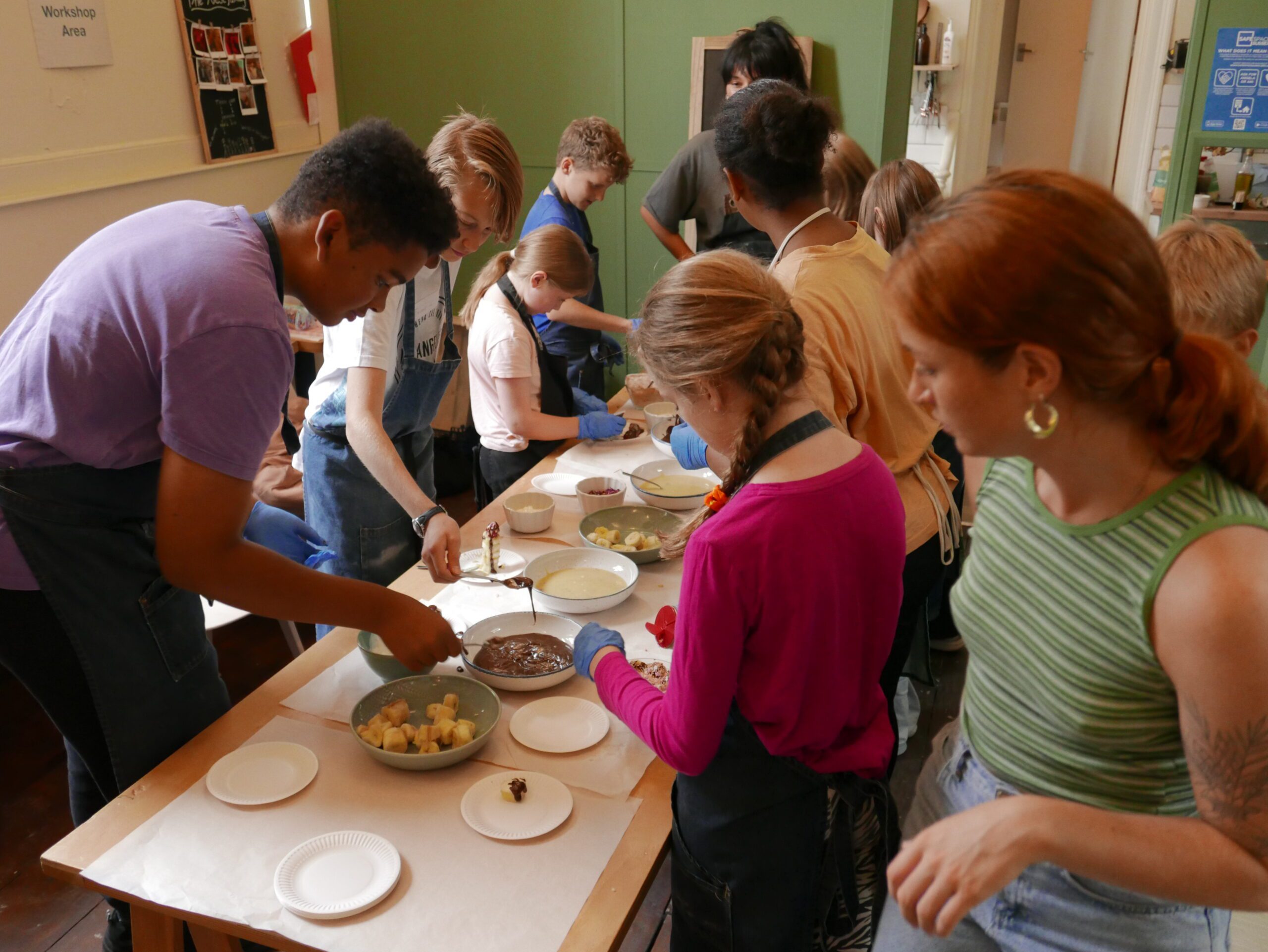Cooking is one of the most important skills that young people can learn. It is a life skill that can provide them with a sense of independence and self-sufficiency. However, many disadvantaged young people struggle to access cooking education, and this can have a significant impact on their future.
Teaching disadvantaged young people to cook is not only important for their future but also for the future of their families. When young people learn to cook, they are able to provide nutritious and affordable meals for themselves and their families. This can have a significant impact on their health and well-being, as well as their economic stability.
Cooking also provides young people with a sense of pride and accomplishment. When they are able to prepare a meal from scratch, they feel a sense of ownership and responsibility. This can help boost their self-esteem and confidence, which can have a positive impact on their overall well-being.
Furthermore, cooking education can also provide young people with valuable job skills. Many jobs in the food industry require some level of cooking knowledge, and by learning to cook, young people can open up new job opportunities for themselves in the future. This can help break the cycle of poverty and provide them with a path to upward mobility.
In conclusion, teaching disadvantaged young people to cook is essential for their future success and well-being. It provides them with valuable life skills, helps to improve their health and well-being, and opens up new job opportunities. By investing in cooking education for young people, we are investing in their future and the future of our communities.

